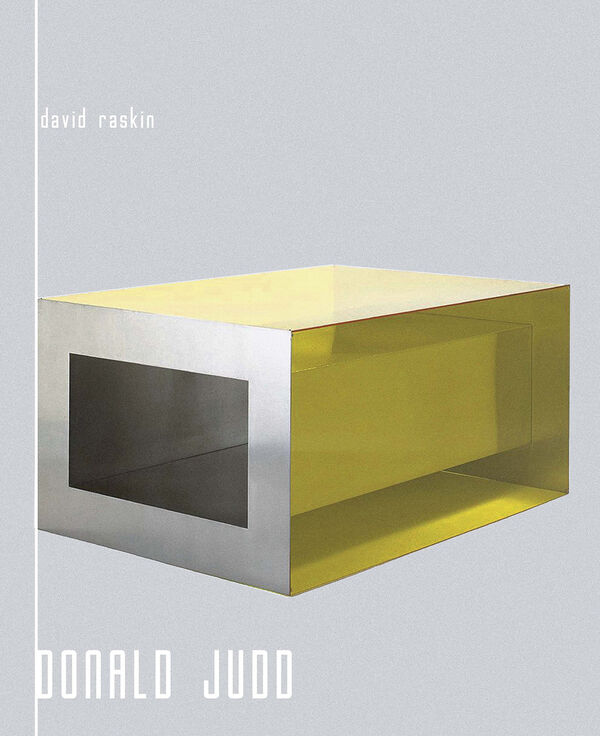Contact
art book cologne GmbH & Co. KG
Deutzer Freiheit 107
50679 Köln
Germany
Opening hours (office and showroom):
Monday to Friday 8 – 17
info@artbookcologne.de
Phone: +49 221 800 80 80
Fax: +49 221 800 80 82
About us
art book cologne, founded by Bernd Detsch in 1997, is a wholesale company and specializes in buying and selling high quality publications in art, art theory, architecture, design, photography, illustrated cultural history and all related subjects internationally. Our team includes specialists in art, culture, music, book trade and media but in spite of our diversity we have one common ground: the enthusiasm for unique art books.
We purchase remaining stocks from museums, publishers and art institutions. We sell these remainders to bookstores, museum shops, and art dealers all over the world.
Donald Judd
| Publisher | Yale University Press |
| Year | 2017 |
| Cover | Paperback with flaps |
| Language | English |
| ISBN | 978-0-300-22868-7 |
| Pages | 196 |
| Weight | 992 g |
| More | |
| Author(s) | David Raskin |
| Article ID | art-46200 |
An authoritative look at the art, life, and legacy of a revered artist.
This pioneering, critically acclaimed book, originally published in 2010 and now available in paperback, is an authoritative and enlightening guide to a wide array of works by the great American artist Donald Judd (1928–1994).
Showcasing the entire breadth of Judd’s practices, the book draws on documents from nearly twenty archives and investigates Judd and his work both within and outside the context of the 1960s Minimalist art movement. David Raskin explains why some of Judd’s works seem startlingly ephemeral while others remain insistently physical; in the process of answering this perplexing question, Raskin traces Judd’s principles from his beginnings as an art critic through his fabulous installations and designs in Marfa, Texas.
Raskin develops a truly singular picture of Judd: he shows us an artist who asserted his individuality with spare designs; who found spiritual values in plywood, Plexiglas, and industrial production; who refused to distinguish between thinking and feeling while asserting that science marked the limits of knowledge; who claimed that his art provided intuitions of morality but not a specific set of tenets; and who worked for political causes that were neither left nor right.

